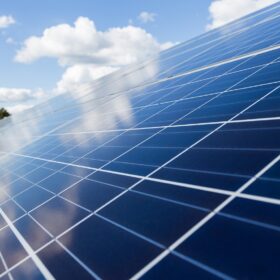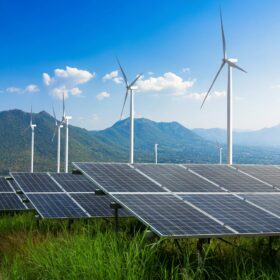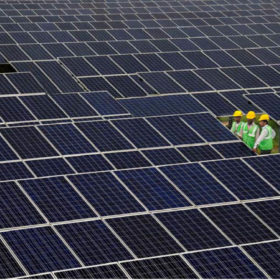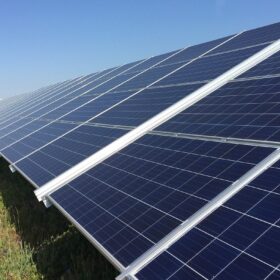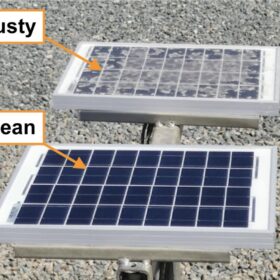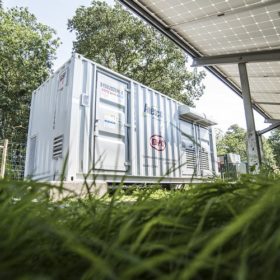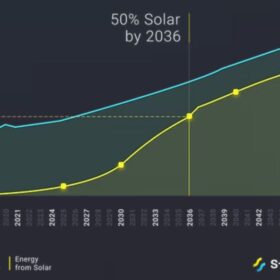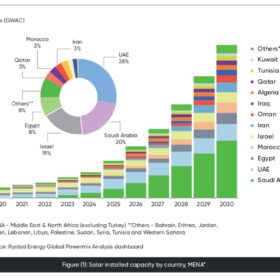Union Budget 2025-26: What India’s green industry expects from the upcoming budget
The 2025-26 Union Budget has the potential to be a defining moment in India’s journey toward a net-zero economy. By addressing key areas such as renewable energy, green hydrogen, sustainable mobility, and community-level projects, the government can create a robust framework for decarbonization.
BC Jindal Group’s JIRE eyes operational asset acquisitions to achieve 5 GW renewable energy target
BC Jindal Group’s renewable energy arm, Jindal India Renewable Energy (JIRE), is looking to expand its RE capacity by acquiring operational assets in India and globally. The acquisitions will be funded through a mix of internal accruals and debt.
Avaada Group closes $1 billion financing for its diverse projects for Q3 FY 2025
Avaada Group has completed INR 8,500 crore ($1 billion) in financing/refinancing for its large-scale solar projects, agrivoltaic projects under the PM-KUSUM scheme, commercial and industrial (C&I) projects and solar module manufacturing facilities.
Essar Renewables to develop 2 GW of renewable energy projects for its green mobility initiative in Maharashtra
Essar Renewables will invest around INR 8,000 crore in a mix of round-the-clock renewable energy projects, primarily aimed at supporting the electric vehicle truck charging ecosystem of Blue Energy Motors and Greenline.
The best tilt angle to improve PV module performance in world’s worst soiling accumulation zone
Scientists have measured the performance of PV modules under strong soiling conditions in Saudi Arabia and have identified the most suitable tilt angles for improving power generation. They have also found that a key role is played by rain intensity, dust, sandstorms, and cloud cover.
Renewable energy plus storage auctions to gain traction
India Ratings expects renewable energy plus storage tenders to gain further traction in the coming years, considering the storage requirement of around 74 GW/411 GWh as per National Electricity Plan (2023-2032).
NTPC-CEB JV finalizes landmark tariff for large-scale solar project in Sri Lanka
Trincomalee Power Co. Ltd, a 50:50 JV company between NTPC and Ceylon Electricity Board, has finalized a 5.97 US cents per unit tariff for its 50 MW project in Sampoor, Trincomalee, after rounds of deliberations with various stakeholders in Sri Lanka
Model predicts solar to supply 50% of global energy demand by 2035
Solar energy will satisfy more than 50% of global energy demand within a decade according to a new modeling tool that also predicts solar costs will continue falling by 10% a year.
MENA region hits 24 GW (AC) of total solar capacity
The Middle East Solar Industry Association’s (MESIA) latest report says solar capacity in the Middle East and North Africa (MENA) region grew by 25% in 2024, with local manufacturing and energy storage also accelerating.
Gujarat tenders 500 MW/1 GWh battery storage, 500 MW solar projects
Gujarat Urja Vikas Nigam Ltd (GUVNL) is accepting bids to set up 500 MW/1 GWh of standalone battery energy storage systems, connected to the state grid, on a build-own-operate basis in Gujarat. It has launched a separate tender to set up 250 MW of grid-connected solar power projects with Greenshoe option of additional capacity up to 250 MW. These PV projects can be located anywhere in India.
